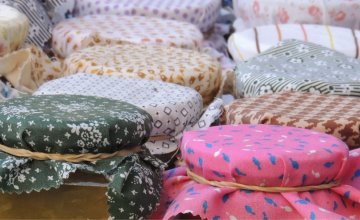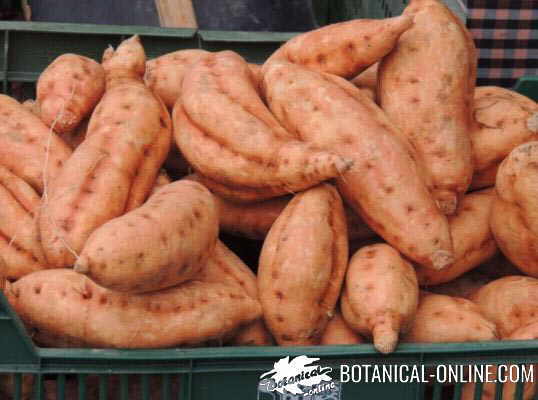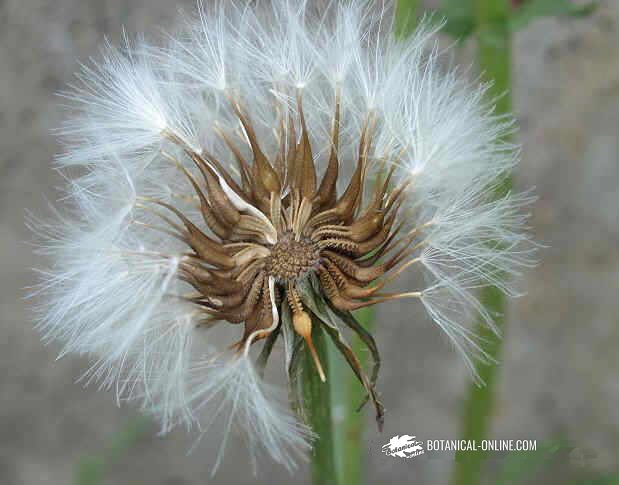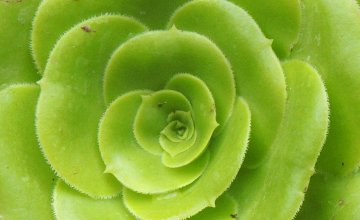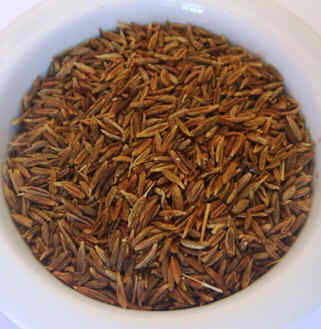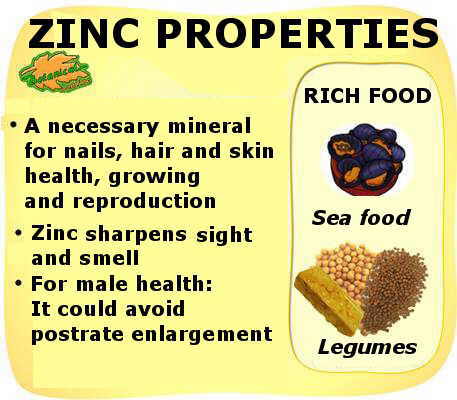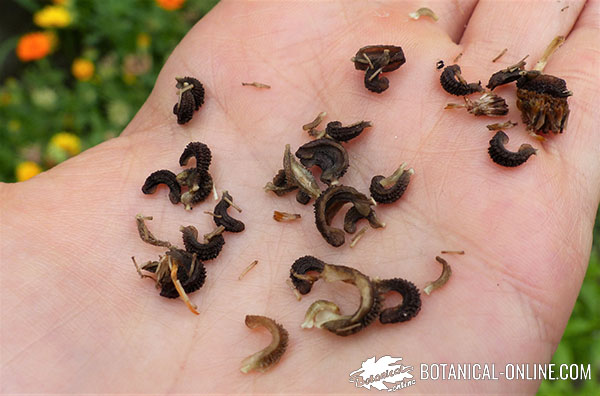Contents
- 1 HOW TO GROW LAGERSTROEMIA
- 1.1 CREPE FLOWER CARE
- 1.2 Crape myrtel plant characteristics (Lagerstroemia indica)
- 1.3 How many varieties of crape myrtel are there?
- 1.4 Other species of Lagerstroemia
- 1.5 Lagerstroemia watering
- 1.6 Lagerstroemia indica uses
- 1.7 Lagerstroemia indica composition
- 1.8 Lagerstroemia, temperature and exposure
- 1.9 Lagerstroemia, Types of soil and fertilizer
- 1.10 Lagerstroemia , reproduction, planting and pruning
- 1.11 Lagerstroemia. Pests and diseases
HOW TO GROW LAGERSTROEMIA
CREPE FLOWER CARE
Lagerstroemia, commonly known as crepe myrtle or crepeflower, extended to Europe via India.
They arrived to the Mediterranean regions in the 18th century. Today it is used almost everywhere, being present in America.
Thanks to the new frost-resistant varieties it can be cultivated in cool places.
Crape myrtel plant characteristics (Lagerstroemia indica)
Deciduous tree or shrub of the Lythraceae family. Native from Japan, China and Korea up to 6-8 metres. Open, rounded, plant with many stems, showing a dark coffee-like color with red-brown bands
Opposite leaves, sesile. Upper ones, opposite. Very conspicuous in Autumn when they become orange.
Flowers appear in mid to late summer, with very sinuous petals, white, pink, mauve or purple till 3-4 cm long. They are gathered in long spikes till 20 cm long.
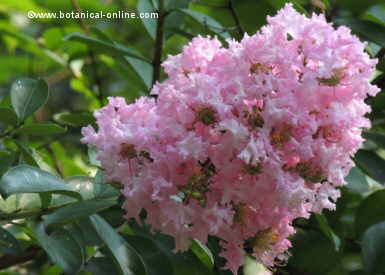
Crape-myrtel flowers
How many varieties of crape myrtel are there?
We have the following varieties of Lagerstroemia indica:
- Lagerstroemia indica var. alba: White
- Lagerstroemia indica var rubra: Bright red
- Lagerstroemia indica var purpurea: Purple.
Other species of Lagerstroemia
Lagerstroemia speciosa: (Giant Crape-myrtle, banabá plan, Pride of India) It is a tallest tree with a single trunk, reaching almost 15 meters tall when cultivated or 24 in the wild. Flowers change color from light pink in the morning to dark purple at noon. It is native from India, Shri Lanka.
Lagerstroemia subcostata: (Chinese Crape myrtle) No so resistant as lagerstroemia indica or speciosa. It requires to be protected from cold and be exposed to full sun. Flowers are white or light pink.
Lagerstroemia fauni (Japanese crape myrtle) Native tree from Japan,very appreciated in gardening because of the bark smoothness and the tree resemblance. White flowers. Very resistant to fungi and frost. It is used to form hybrids with Lagerstroemia indica.
Lagerstroemia watering
It requires a constant watering. It should be watered at least once a week. Do not let water to remain stagnant
![]()
Lagerstroemia indica uses
- Gardening: It is used as a gardening plant, being very useful for parks and little gardens, where it can be planted as a single tree or in groups. It can also be planted in big flower-pots, provided that these are big.
- Cut flowers: Flowers of lagerstroemia can be cut to decorate indoor rooms. The most important characteristic is that, the branches that have been cut will soon produce new shoots where new flowers will be born. So, if we cut this plant flowers, we will be able to obtain till 3 new blooms each season.
– Medicinal properties:
* In Asian countries it has been widely used as a medicinal plant. It is considered a good remedy for skin problems, such as dermatitis, wounds, boils, etc.
* Because of its diuretic properties, it is considered very useful to treat liquid retention
* Also as a laxative or purgative, for fever and stomachache.
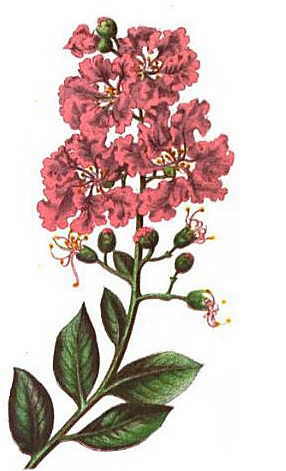 Lagerstroemia indica
Lagerstroemia indica
Lagerstroemia indica composition
The main components of this plant are:
Lagerstroemia, temperature and exposure
It prefers a sun exposure, although there are some frost resistant varieties. In cool places, it is better to place it in a sheltered spot. When planted in the shade, it does not produce any flowers. Demi-shade exposure can be suitable.
Protect from hot winds in summers because they can destroy the flowers.
![]()
Lagerstroemia, Types of soil and fertilizer
Lagerstroemia prefers being cultivated in a loose soil. It does not like compact ones. Better add some peat to the garden soil. In order to favor blooming organic fertilizer could be added.
![]()
Lagerstroemia , reproduction, planting and pruning
Lagerstroemia should be reproduced by means of cutting in September. Although it can also be reproduce by means of seeds in spring, samples froms seeds take a long time to bloom. Layering is also possible.
Pruning is necessary for the plant to produce flowers. When winter finishes, it is advised to prune the new branches, which are the only ones that produce flowers. It is necessary to remove those that are weaker or cut the too long ones.
Also, in order to foster a bigger flowering, you are advise to remove the faded flowers, so as not to produce fruits, which consumes a lot of plant energy.
![]()
Lagerstroemia. Pests and diseases
- Aphids
- Powdery mildew
- Fungi (Cercospora)
![]() More information on plants.
More information on plants.

